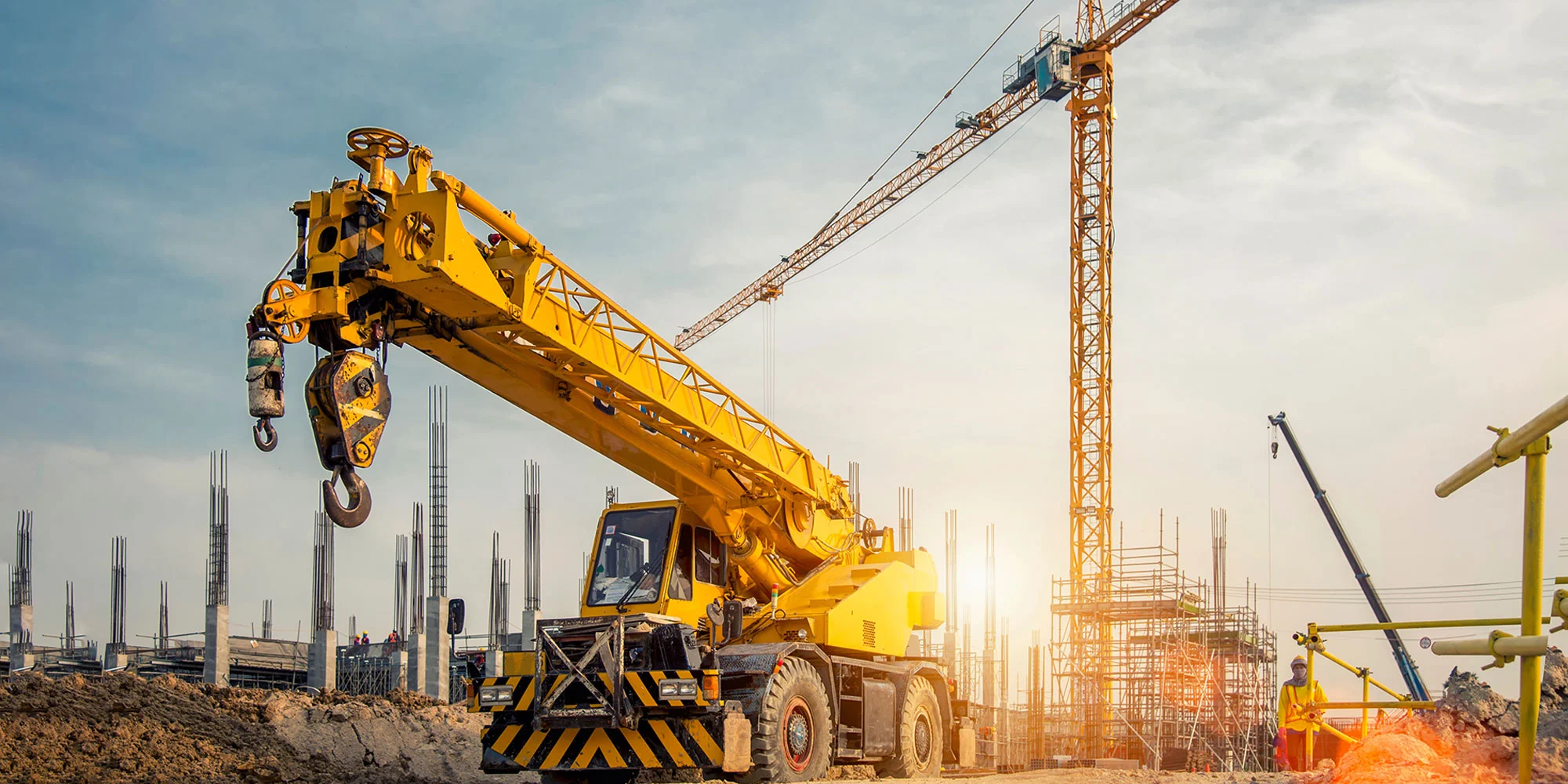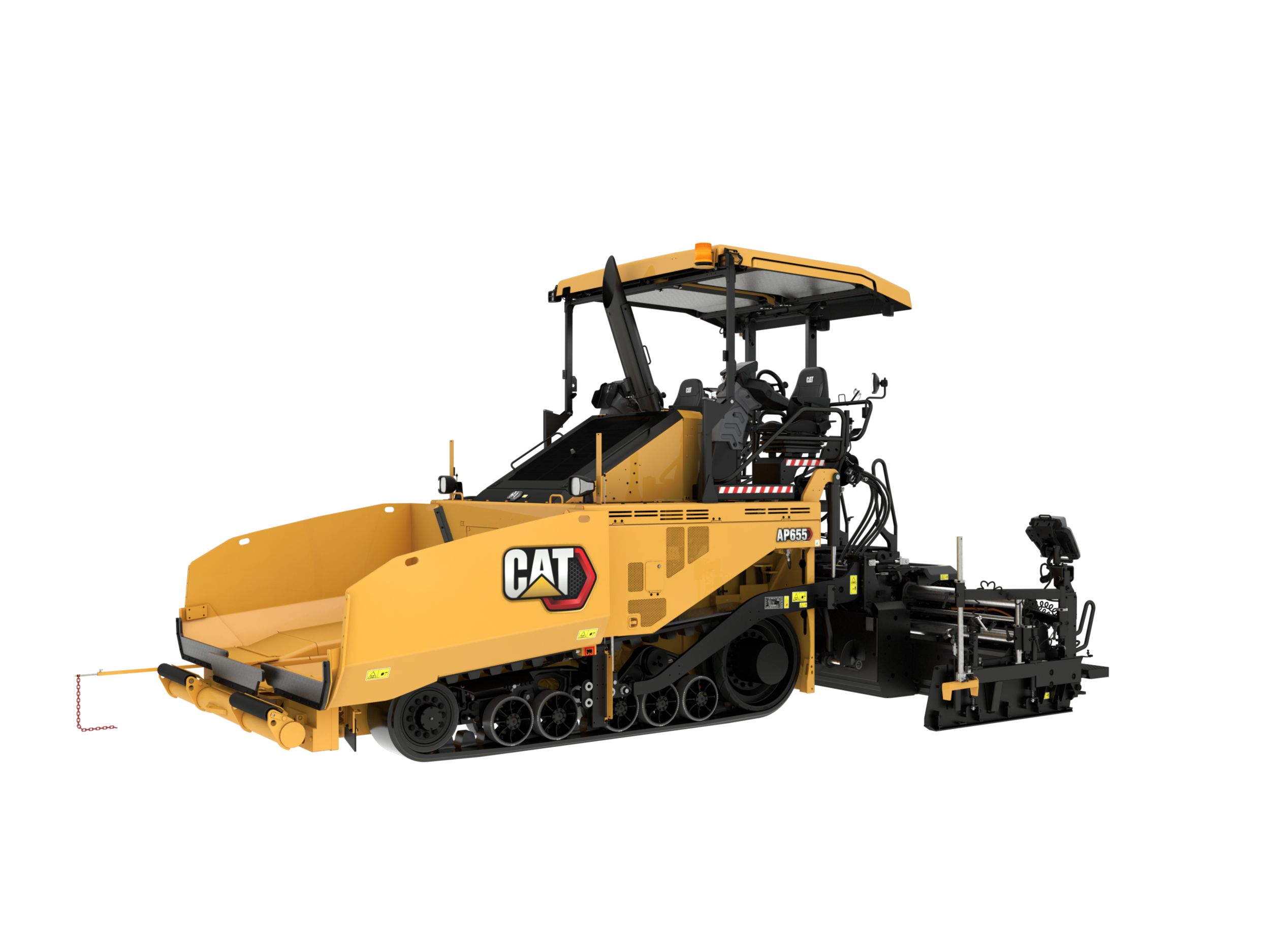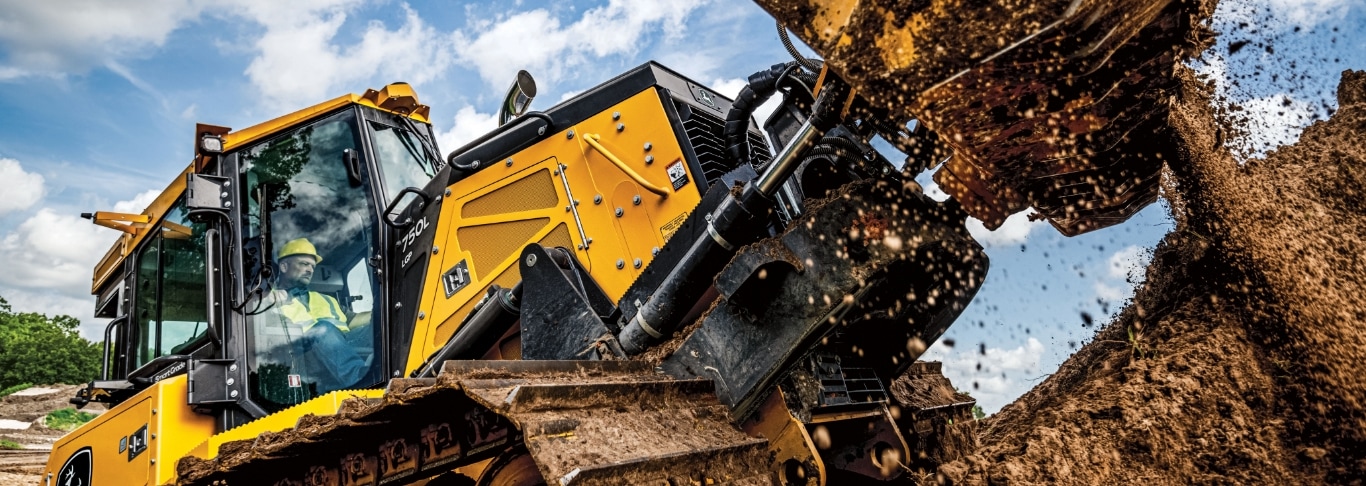Forklift Rental in Tuscaloosa, AL: Versatile Lifting Solutions for Your Requirements
Forklift Rental in Tuscaloosa, AL: Versatile Lifting Solutions for Your Requirements
Blog Article
Discovering the Financial Conveniences of Leasing Construction Equipment Contrasted to Owning It Long-Term
The choice between owning and renting out building and construction equipment is pivotal for economic management in the market. Leasing offers immediate cost savings and operational versatility, enabling companies to allocate resources more effectively. On the other hand, possession comes with significant lasting economic commitments, including maintenance and devaluation. As service providers weigh these choices, the impact on money circulation, task timelines, and modern technology access becomes progressively significant. Understanding these subtleties is essential, particularly when taking into consideration just how they align with particular project needs and economic techniques. What factors should be focused on to make sure optimum decision-making in this complicated landscape?

Price Contrast: Leasing Vs. Owning
When assessing the economic ramifications of possessing versus leasing building and construction devices, a comprehensive cost comparison is necessary for making notified decisions. The choice between renting and possessing can considerably affect a firm's profits, and understanding the linked costs is critical.
Renting out building and construction devices normally includes lower in advance expenses, enabling companies to allocate capital to other functional demands. Rental arrangements frequently include adaptable terms, allowing companies to access progressed machinery without long-term dedications. This versatility can be specifically advantageous for short-term tasks or varying work. However, rental expenses can accumulate over time, potentially surpassing the expenditure of ownership if equipment is needed for an extended duration.
Alternatively, owning construction equipment requires a considerable initial financial investment, in addition to continuous prices such as devaluation, funding, and insurance. While possession can bring about lasting financial savings, it additionally binds resources and might not supply the exact same level of flexibility as leasing. In addition, possessing devices requires a commitment to its utilization, which may not constantly straighten with job demands.
Ultimately, the choice to have or lease ought to be based on an extensive analysis of specific project demands, monetary ability, and lasting strategic goals.

Maintenance Duties and expenditures
The option in between renting out and having building and construction tools not just includes financial factors to consider yet likewise includes ongoing upkeep costs and obligations. Owning tools calls for a considerable commitment to its upkeep, that includes regular evaluations, repairs, and potential upgrades. These duties can swiftly build up, leading to unanticipated costs that can stress a spending plan.
In contrast, when renting out devices, maintenance is typically the duty of the rental company. This setup enables specialists to stay clear of the monetary burden connected with wear and tear, along with the logistical difficulties of organizing repair work. Rental arrangements typically consist of arrangements for upkeep, implying that service providers can concentrate on finishing jobs as opposed to bothering with equipment problem.
Additionally, the varied variety of tools offered for rent makes it possible for business to choose the most up to date designs with sophisticated innovation, which can enhance effectiveness and productivity - scissor lift rental in Tuscaloosa, AL. By going with leasings, businesses can stay clear of the lasting responsibility of equipment depreciation and the associated upkeep headaches. Eventually, reviewing upkeep expenses and responsibilities is crucial for making an informed decision regarding whether to lease or possess building devices, dramatically influencing overall project expenses and operational effectiveness

Devaluation Effect On Possession
A considerable aspect to consider in the choice to own building tools is the impact of devaluation on total possession prices. Devaluation represents the decline in value of the equipment in time, influenced by elements such as usage, damage, and innovations in technology. As equipment ages, its market price decreases, which can considerably impact the owner's financial position when it comes time to sell or trade the equipment.
For construction firms, this devaluation can translate to substantial losses if the tools is not used to its max potential or if it comes to be outdated. Proprietors have to represent depreciation in their economic forecasts, which can lead to greater overall prices compared to renting. In addition, the additional resources tax implications of devaluation can be complex; while it may provide some tax obligation benefits, these are frequently countered by the truth of reduced resale value.
Inevitably, the concern of devaluation emphasizes the relevance of comprehending the lasting financial dedication associated with possessing building equipment. Business need to meticulously review how typically they will certainly make use of the equipment and the possible economic effect of devaluation to make an enlightened decision concerning possession versus renting.
Monetary Adaptability of Leasing
Leasing construction tools offers considerable monetary versatility, enabling business to designate resources more efficiently. This versatility is particularly important in an industry identified by fluctuating job demands and differing work. By deciding to rent, companies can prevent Continued the substantial resources expense needed for buying tools, preserving cash money circulation for other operational needs.
In addition, renting devices makes it possible for business to tailor their equipment choices to certain job requirements without the long-lasting commitment linked with ownership. This means that companies can easily scale their equipment stock up or down based on expected and existing job requirements. Consequently, this versatility lowers the threat of over-investment in equipment that may come to be underutilized or obsolete gradually.
One more monetary advantage of renting out is the capacity for tax obligation benefits. Rental payments are usually thought about business expenses, allowing for immediate tax deductions, unlike devaluation on owned equipment, which is topped numerous years. scissor lift rental in Tuscaloosa, AL. This immediate expenditure acknowledgment can even more improve a firm's cash setting
Long-Term Job Factors To Consider
When examining the long-term requirements of a construction business, the choice in between renting out and possessing devices becomes extra intricate. For jobs with prolonged timelines, acquiring devices might appear helpful due to the possibility for lower overall prices.
The construction sector is advancing swiftly, with new tools offering improved effectiveness and security functions. This adaptability is especially advantageous for services that manage varied jobs requiring different kinds of tools.
Moreover, financial security plays an essential duty. Owning tools usually involves considerable capital financial investment and depreciation issues, while renting enables more foreseeable budgeting and capital. Eventually, the choice between possessing and renting out ought to be straightened with the critical purposes of the building company, considering both anticipated and existing job needs.
Conclusion
In verdict, renting building devices uses significant monetary advantages over long-lasting possession. Inevitably, the choice to rent out instead than very own aligns with the dynamic nature browse around this web-site of construction jobs, permitting for versatility and accessibility to the latest tools without the economic worries connected with possession.
As tools ages, its market worth decreases, which can dramatically affect the owner's economic placement when it comes time to market or trade the equipment.
Leasing construction equipment supplies considerable monetary adaptability, allowing companies to assign sources extra successfully.Furthermore, renting out equipment enables firms to tailor their equipment selections to certain job needs without the long-lasting dedication connected with possession.In conclusion, leasing building equipment provides substantial economic advantages over long-term possession. Inevitably, the decision to rent out instead than very own aligns with the dynamic nature of building and construction jobs, allowing for versatility and access to the most recent devices without the economic burdens associated with possession.
Report this page